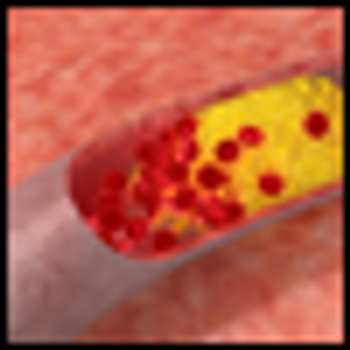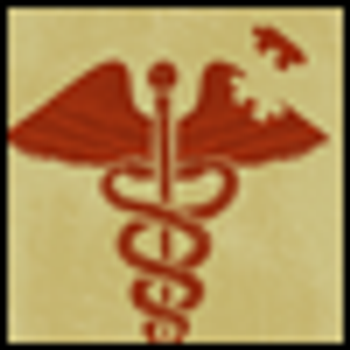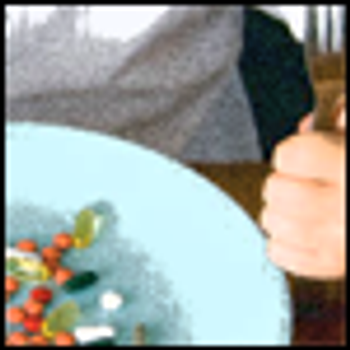
Many psychiatrists, residents, and other mental health professionals believe that psychodynamic therapy lacks empirical support or that other psychotherapies are more effective.

Many psychiatrists, residents, and other mental health professionals believe that psychodynamic therapy lacks empirical support or that other psychotherapies are more effective.

Psychiatrists helping nonpsychiatrists refer their patients has a long but not always illustrious history.

Although acute pain typically resolves on its own with little need for intervention, for some persons pain persists past the point where it is considered an adaptive reaction to injury.

Patients’ stories (both content and structure) contain more therapeutically useful information than merely identifying and counting symptoms.

As I was driving to work on February 10, 2010, I listened to the National Public Radio host Melissa Block talking about how children labeled “bipolar” may get a new diagnosis. I was shocked that the chair of one of the DSM5 work groups, David Shaffer, MD, would discuss a controversial diagnostic topic with the media.

New research into cholesterol-lowering statin drugs and serotonin-1A receptors may help explain the relationships between cholesterol levels and symptoms of anxiety and depression.

Are there any recent sources talking about the use of buprenorphine (low dose) for people who were never drug addicts or abusers but who were diagnosed with treatment resistant depression?

The DSM does and must involve both science and pragmatism. It must use the science that is available, but it must also make countless judgment calls that are not grounded in solid empirical evidence-and surely it makes sense to consider practical consequences in doing the latter.

Every year, more than 1 million children are exposed to sexual or physical abuse or neglect in the US. The research summarized here clearly demonstrates that exposure to stress before adulthood can result in persistent effects on both mental and physical health.

The mental health implications of disasters on individuals and communities are enormous. Psychiatrists play a key role in helping to mitigate and lessen the traumatic burden and in fostering resiliency efforts.

I do not believe that a nation as rich as ours (albeit with most wealth concentrated among the upper income levels) can shirk its moral responsibilities in the matter of providing basic health care for all its citizens.

Is ADHD in a child foreshadowed by ADHD in other family members? Have acute-phase treatments for major depression been found to be effective in children and teens? These questions and more in this quiz.

For some patients with MDD, there are indeed “remembered gifts” that are appreciated on recovery from their depression. But this is not to say that MDD itself is “adaptive” during the course of the patient’s illness.

Designers of descriptive diagnostic criteria for mental disorders face some of the same problems as fishermen. Fishermen, like nosologists, want to capture not just any fish but a particular kind. Fishermen deal with this problem in various ways.

Clearly, we all share the goals of respecting-not “medicalizing”-ordinary grief; as well as recognizing and treating clinically significant depression. We differ with Dr Frances in how to achieve these goals, while remaining faithful to the best available scientific data.

In his ongoing critique of the DSM-5 process, Dr Allen Frances started a brushfire recently in challenging the DSM-5 Mood Disorders Work Group proposal to remove the bereavement exclusion from the diagnostic criteria for a major depressive episode. Here’s a summary of the debate.

We can take one further step toward finding common ground in my ongoing debate with Drs Pies and Zisook.

Patients on average spent between 1 and 8 hours per day preoccupied with negative thoughts about their perceived [mal]odor.

There are very real concerns about the miners’ mental well-being. Chile’s Health Minister reported that five of the men were not eating properly and refused to be filmed. In the meantime, a team of nutritionists and psychologists have been assembled to monitor their physical and mental states.

Which antidepressants are associated with the highest rates of sexual dysfunction in patients treated for depression? This and more in this week's quiz.

My colleague Allen Frances is rightly concerned with the risk of over-calling normal grief as major depression - - that is, the risk of "false positives" - - if the DSM-IV "bereavement exclusion" is dropped in the DSM-5 while the 2-week minimum duration criterion is retained.

Before jumping the gun to a premature and potentially harmful diagnosis, why not watchfully wait a few more weeks to determine if the grief is severe and enduring enough to warrant the label of mental disorder.

In the debates around DSM-5, a central figure has been Allen Frances, whose views seem to elicit sympathy from many unhappy with the DSM system (the 4th edition of which Dr. Frances led).

Two recent studies by Harvard psychologists deliver promising data from 2 tests that may help clinicians predict suicidal behavior. The markers in these new tests involve a patient’s attention to suicide-related stimuli and the measure of association with death or suicide.

Screening for Depression in Clinical Practice, which reviews the current body of knowledge on mental health screening in the medical setting, is a reference text written primarily for the consultation-liaison specialist, but it will be of use to the general psychiatrist and the interested primary care physician or medical specialist.